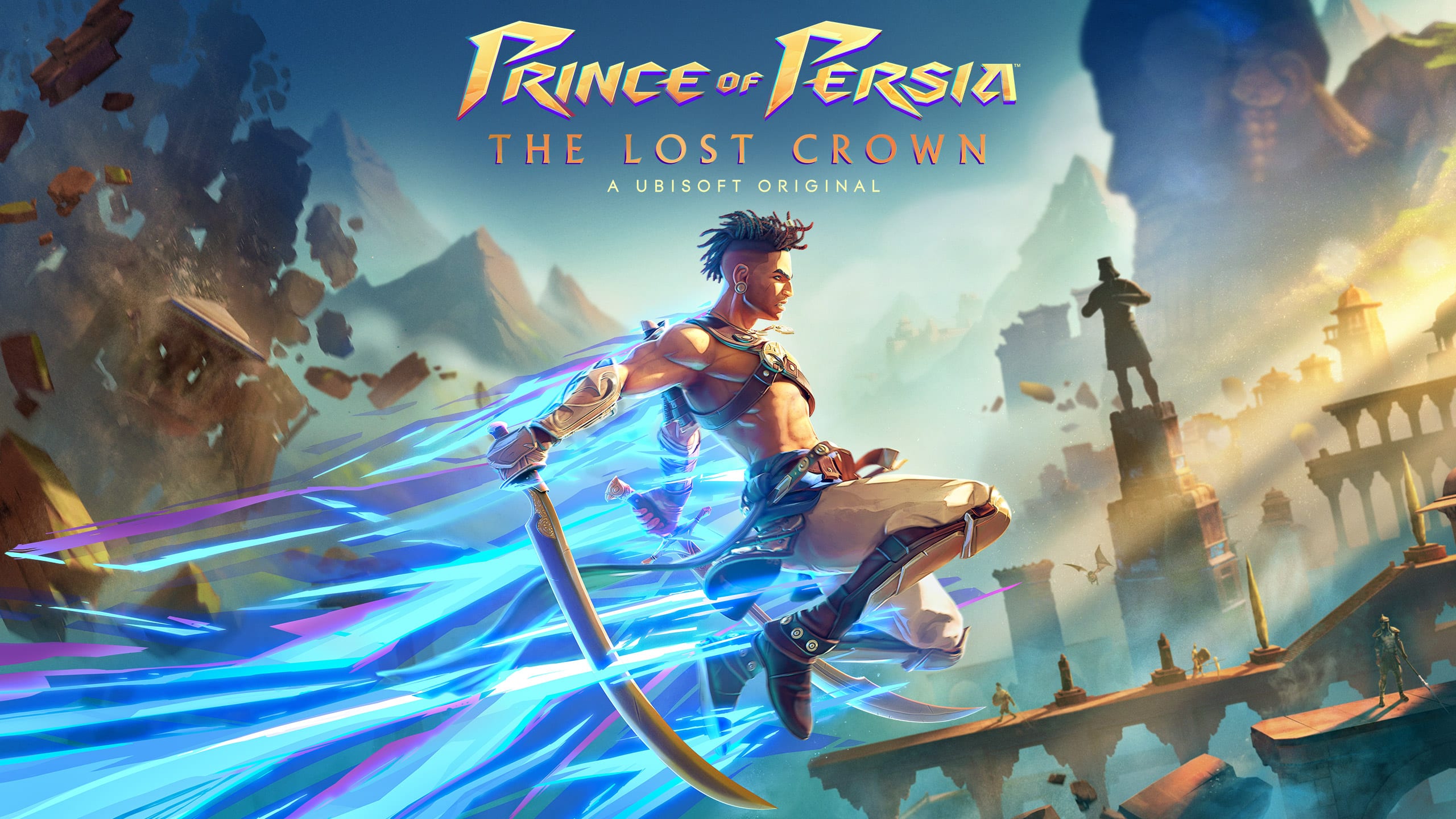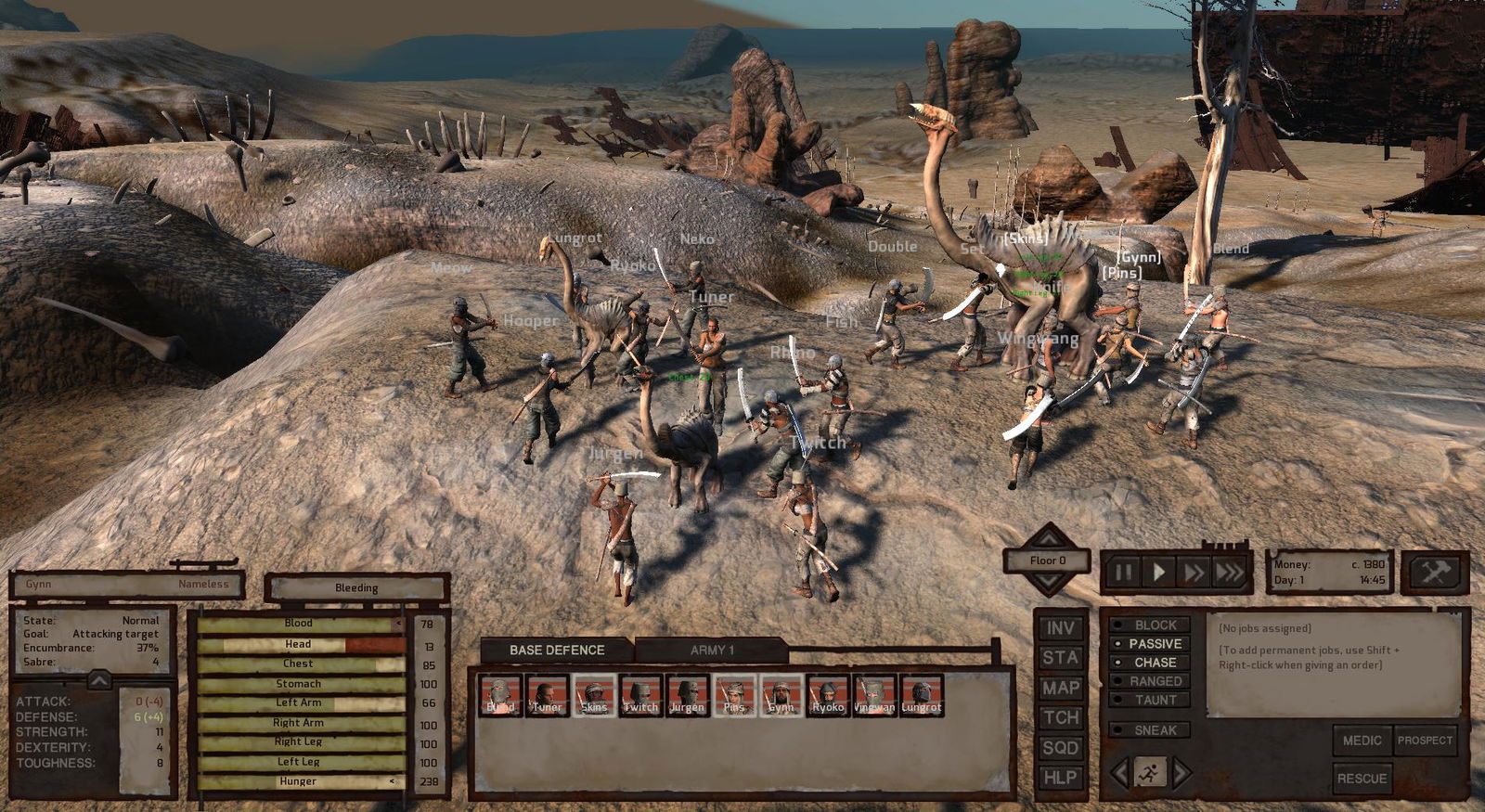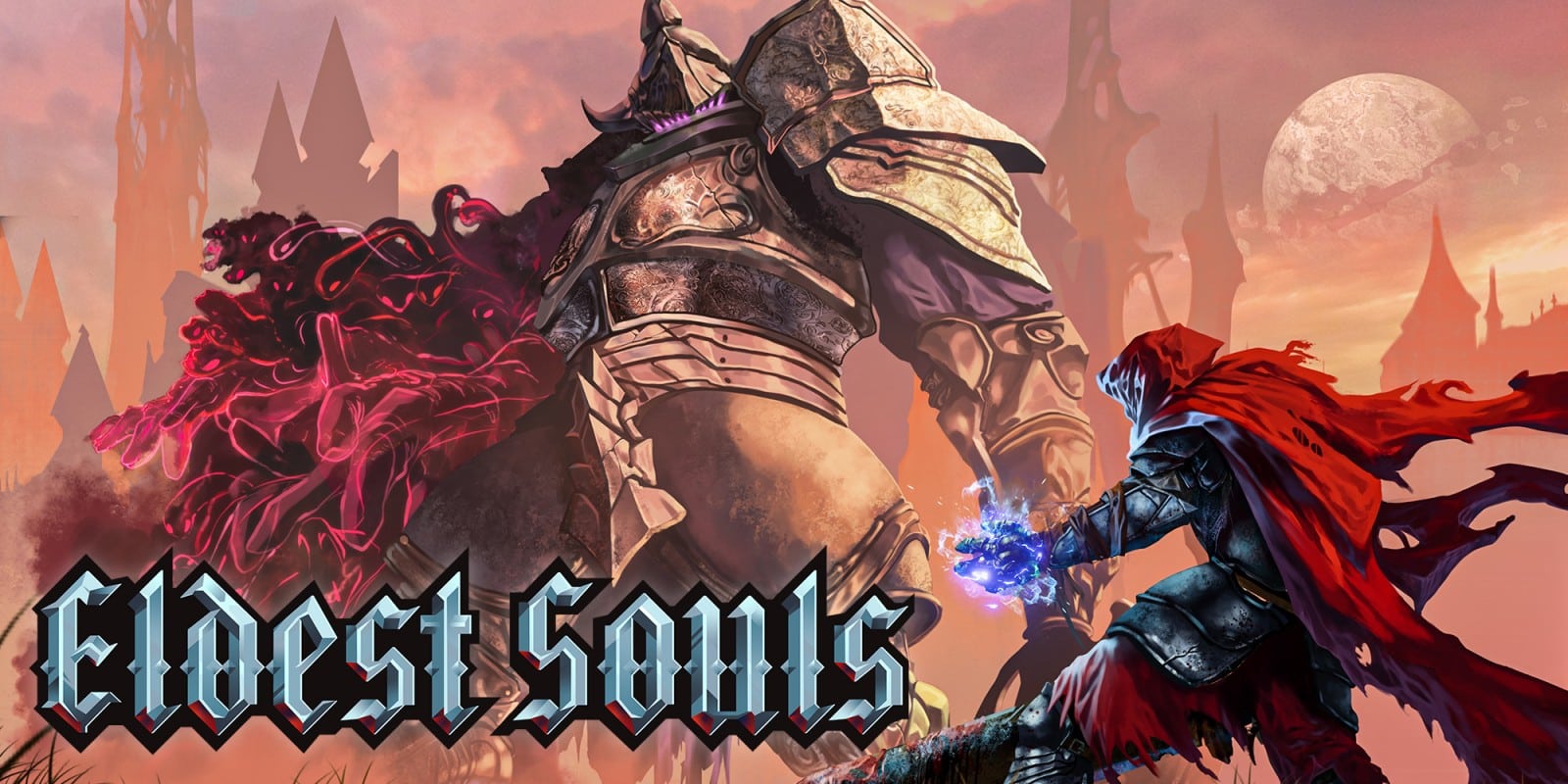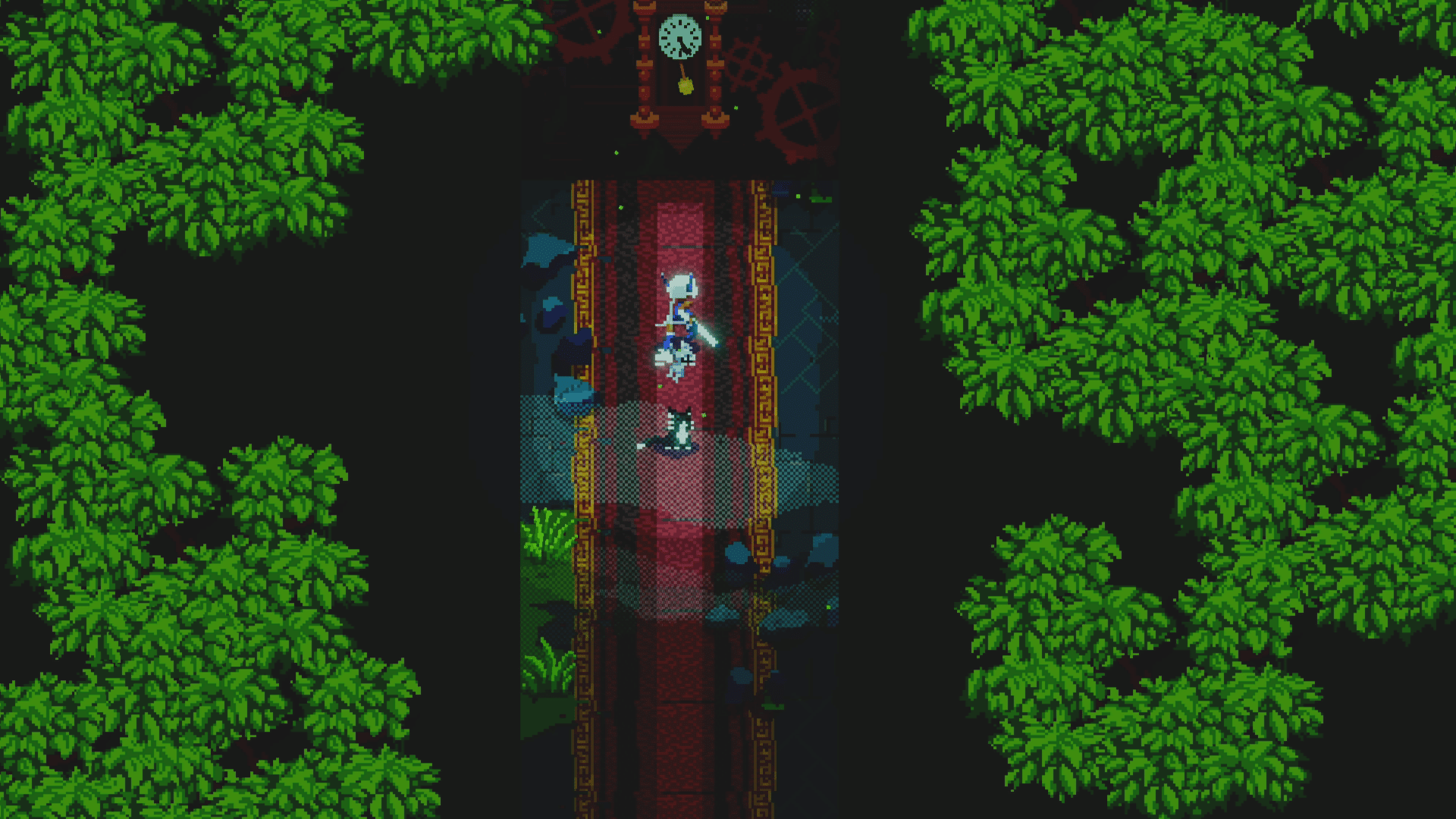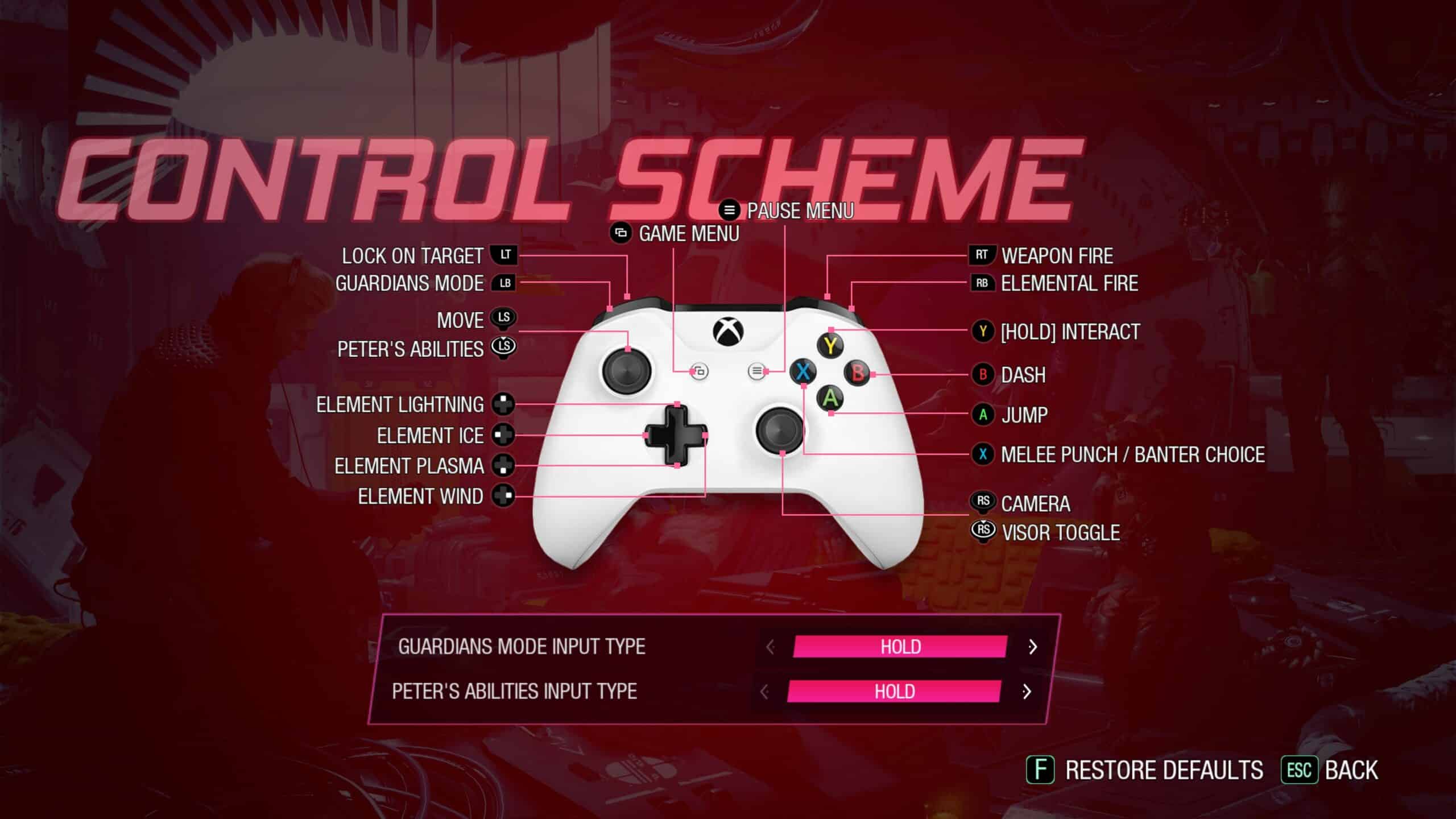It’s always exciting when a classic franchise returns. You get players that heard stories of these amazing experiences, along with long standing fans hoping the latest installment is as good as they remember it. Sometimes this works out, other times we get a shameless cash grab, with Prince of Persia: The Lost Crown looking like the former. Initial videos looked great, it has the talented Ubisoft Montpellier behind it, and it looked to really bring the concept to the modern age. With so many players being burned by blind faith, is this a confident step forward, or will you want to use the sands of time to correct purchasing this mistake?
Prince of Persia: The Lost Crown starts with a rather simple narrative. You play as Sargon, who is a member of the group known as the Immortals, that ends up in a massive conflict when a member betrays your organization by stealing the prince. From here the narrative involves tracking him down, figuring out what lead to the betrayal, along with plenty of time shenanigans.
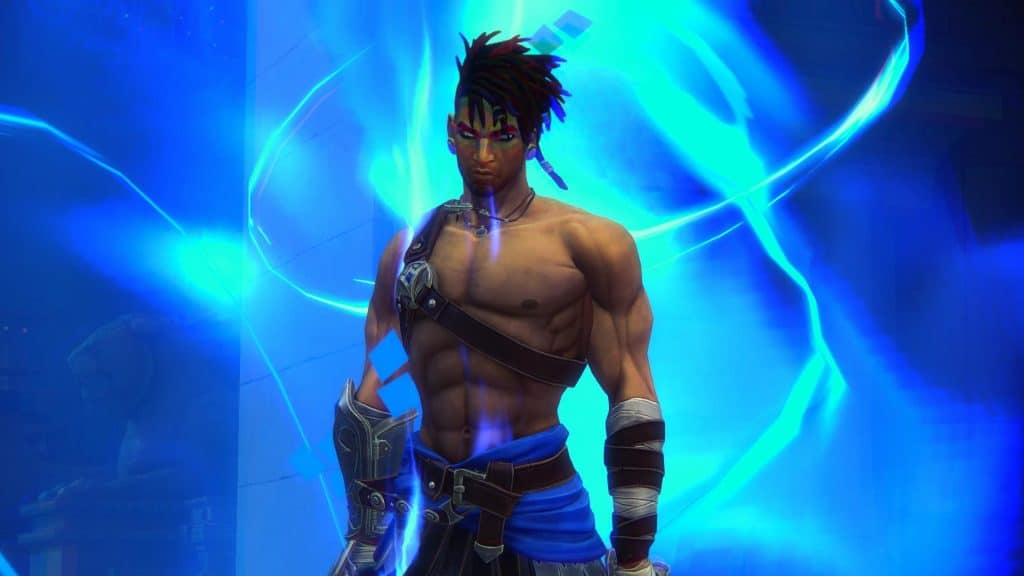
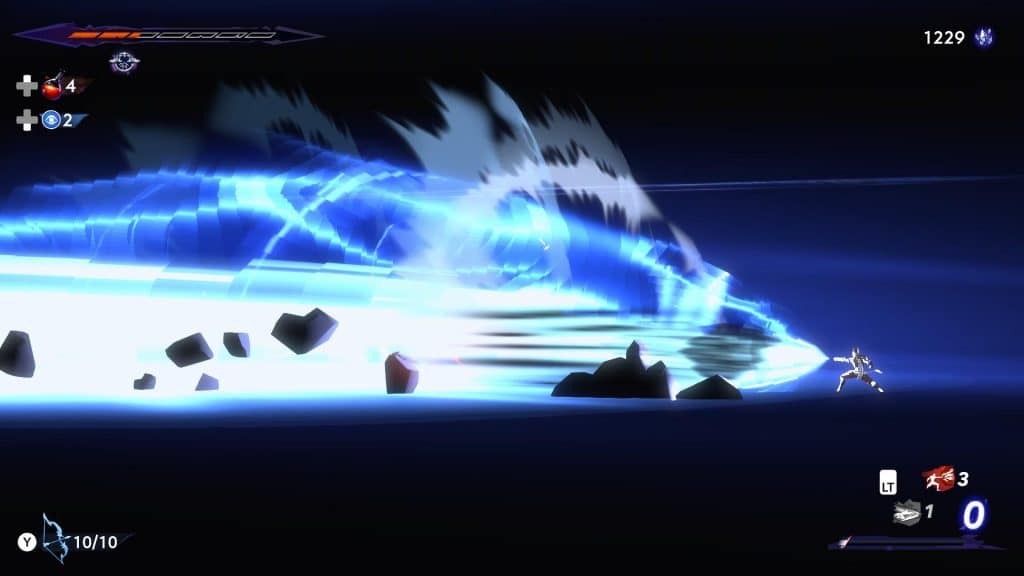
What surprised me about the narrative wasn’t the story itself, but how it quickly becomes something more reminiscent of Dragon Ball. This isn’t due to powerful auras, people flying, or someone using the Kamehameha, though all of these things happen, but rather the fights themselves feel like a bigger focus.
I don’t know if I would classify this as a bad thing either. Those interested in the larger narrative have a wide array of collectibles that add lore. This makes those few climatic moments stand out a lot more, something that works especially well with the more stylish art style. It just helps to note this is an experience centered more on flash than substance.
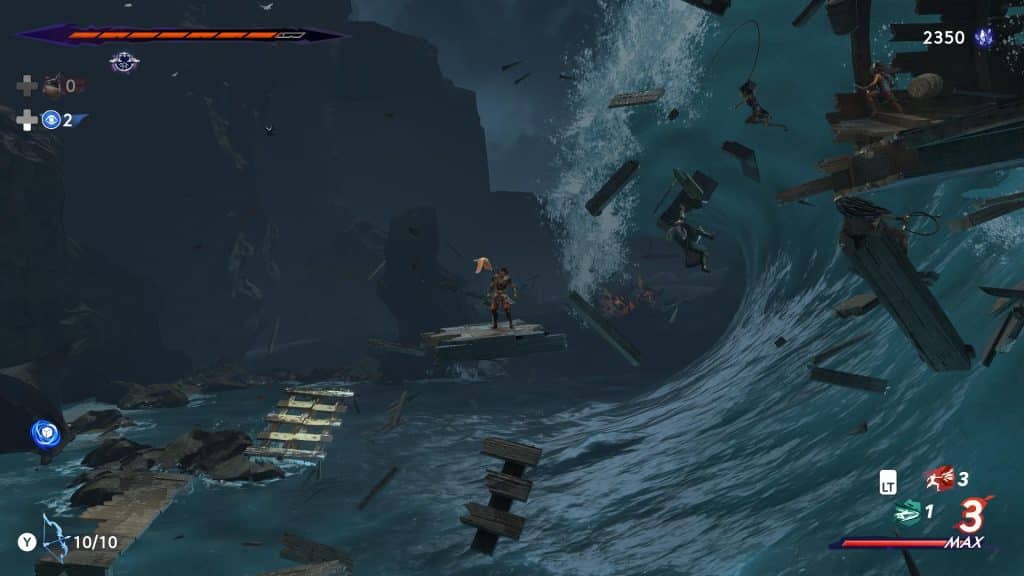
Such a Cool Concept
Gameplay is in a similar place. At times there are flashes of brilliance, whereas other times it makes some rather unfortunate mistakes. At Prince of Persia: The Lost Crown‘s best it features creative use of your abilities. Some of the hardest sections involved going forward, making a copy to rewind to, and progressing by utilizing these time based elements the franchise is known for.
Where it starts to fall short is ability bloat. This is common in a number of games, but stands out a lot more in a metroidvania. As cool as the time whip, rewinding time, and so forth are, several powers are under utilized. I remember gaining the ability to swap realities where certain platforms are visible, only for this concept to be dropped for the better part of Prince of Persia: The Lost Crown.
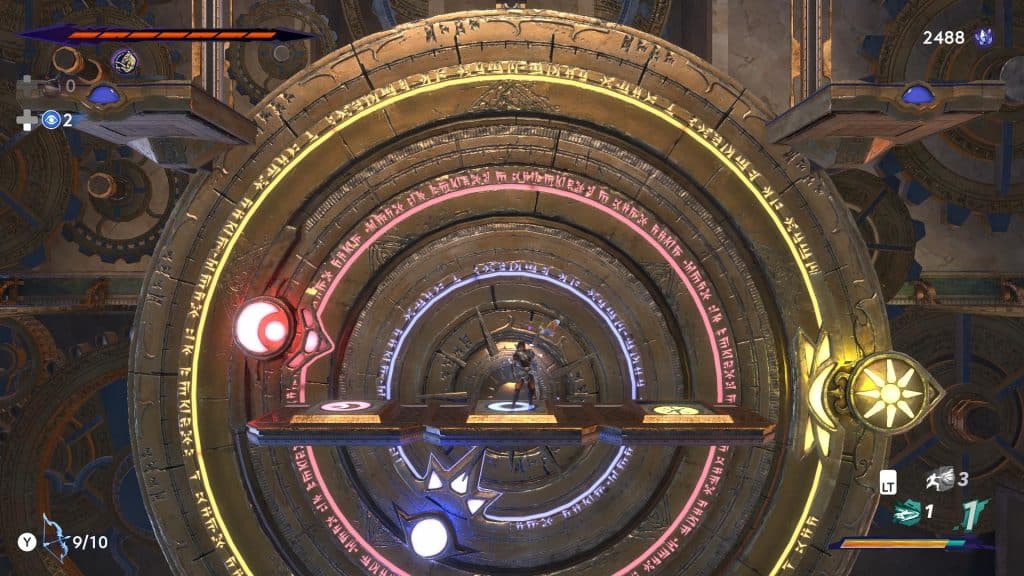
This isn’t all bad, like double jump and the Chakram teleport can be used in a way that vastly decreases the difficulty of certain puzzles. I love seeing this as some people understandably struggle with sections that involve a veritable soup of inputs to obtain some treasure, lore, or simply a coin for upgrades.
Surprisingly, bosses are where these powers see the most play. Instead of Prince of Persia: The Lost Crown relying on dodge rolls, parrying incoming attacks, I found many moves relied on some of the under utilized mechanics.
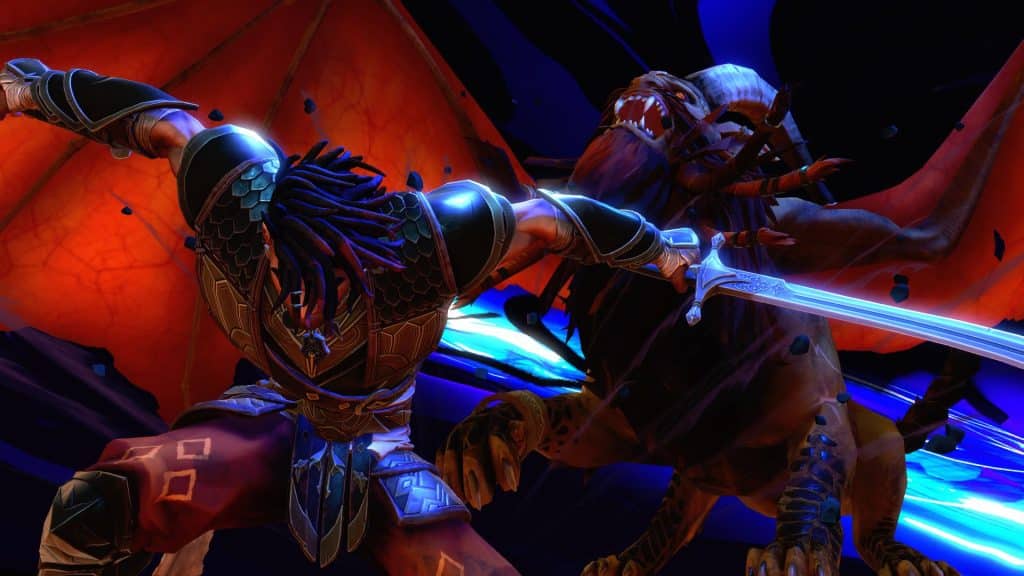
The unfortunate outcome of this design choice is accessibility. I don’t just mean in regard to performing said actions, but rather figuring out the secret to overcome them in the first place. It’s something that really stands out given these bosses hit hard, so hard that it might limit your build to damage mitigation over fully exploring every option available.
Another poor choice is a general lack of hard stops. These restrictions are part of the genre’s charm. Often times I found myself able to largely explore sections without worrying about a missing power, or two. I only mention this as a negative since it’s easy to get lost exploring. It also means there is less to explore long term, as a good number of unexplored locations were more due to choice than inability.
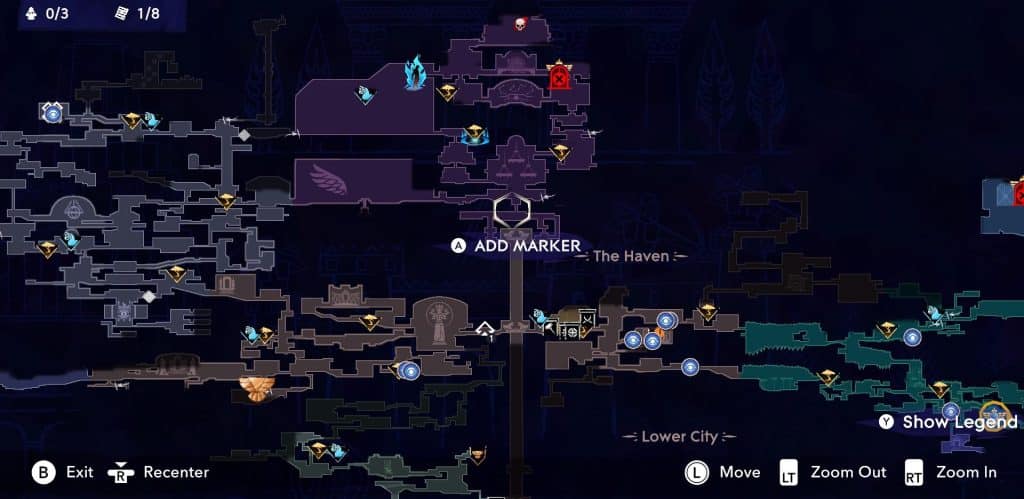
Plus So Much More to Discover
Even if I am a bit critical of this gameplay choice, I love how large the world is. The map feels like it constantly expands, often with puzzles, collectibles, or even unexpected challenges waiting to be overcame. Each location is also given its own feel. I can go one place and it’s more about speed, another it’s jumping, or traps. It makes feels fresh, something you’ll appreciate on revisit.
Going back to combat, the core loop is pretty underwhelming. Along with the previously mentioned dodge, and parry, there is a normal attack, bow, throw, plus the hard to use Chakram. Over time you also gain access to special moves to quickly damage/kill various threats. Even if the core loop is largely uninspired, Prince of Persia: The Lost Crown makes up for it with flashy attacks.
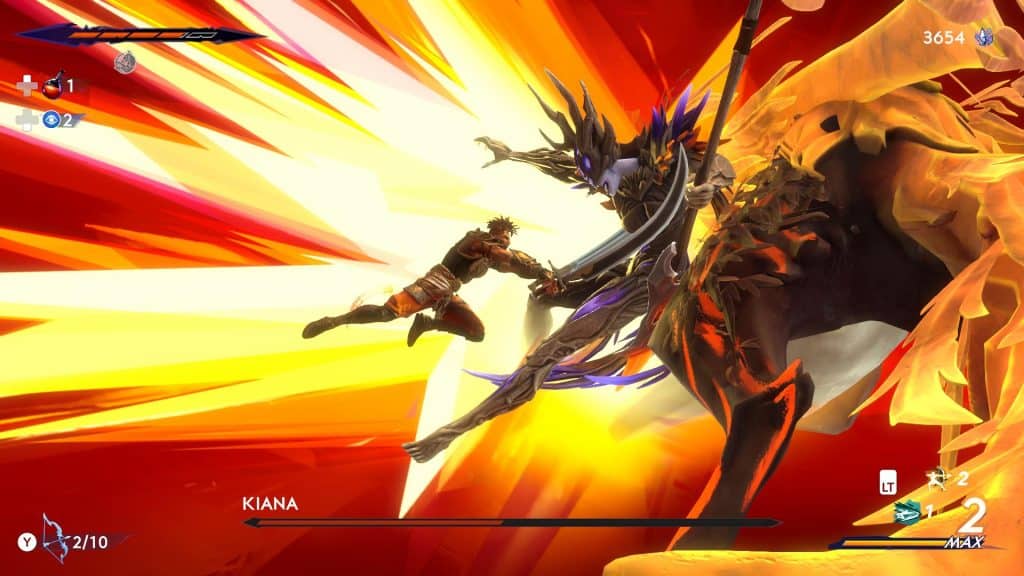
Love The Cinematic Parries
Practically every enemy has a single move that has a yellow indicator. This is meant to be the opposite of the usual unblockable red attack. Instead of avoiding, players need to parry at the right moment. Successfully doing so will result in a brief animation where you stop the enemy from doing their attack. These are really cool, especially if you manage it against a boss. Likewise, getting hit causes the enemy to get their own really cool attack. If I’m being completely honest, I found myself allowing these attacks to occur just to see how they all play out.
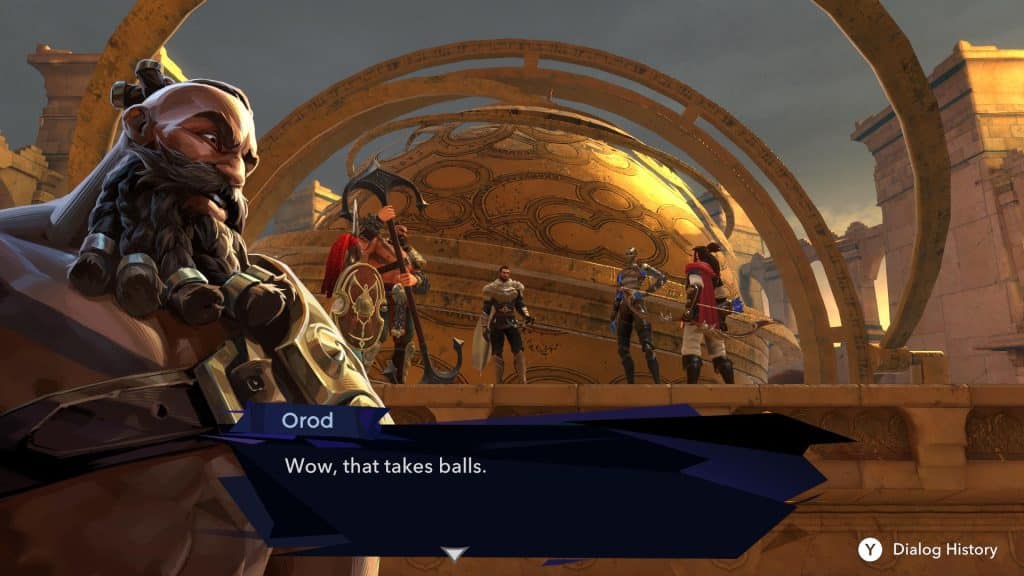
One of the biggest surprises with Prince of Persia: The Lost Crown was performance. I played through this adventure on my ROG Ally, which was able to maintain 90+ FPS at 720p at 10w. Ubisoft confirmed other equally impressive performance metrics that suggest a lot of polish went into this experience. Hopefully it’s a sign of more things to come, as it was honestly a delight to play without compromises around the house.
Prince of Persia: The Lost Crown Review Verdict
Prince of Persia: The Lost Crown: Overall I think Prince of Persia: The Lost Crown is a solid experience. It's far from perfect, as it can be surprisingly difficult/cheap/annoying, but most of the time it's a creative metroidvania. Add in some genuinely cool boss battles, climatic parry moves, and countless locations to explore and you have an experience well worth considering. – Grant
Editor’s Note: Prince of Persia: The Lost Crown was reviewed on PC with an ROG Ally, and a copy was provided to us for review.

